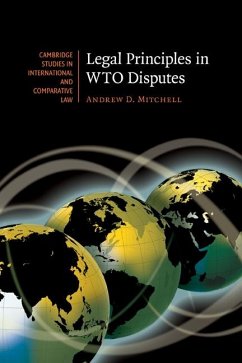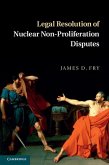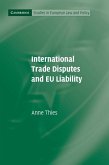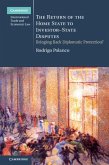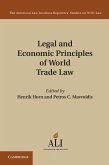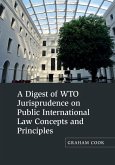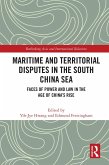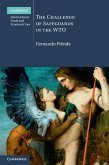Principles play a crucial role in any dispute settlement system, and the World Trade Organization (WTO) is no exception. However, WTO Panels and the Appellate Body have been too timid in using principles, sometimes avoiding their use when appropriate and at other times using them without fully acknowledging that they are doing so. Perhaps more worryingly, these bodies often fail to delve deeply enough into principles. They tend to overlook key questions such as the legal basis for using a given principle, whether the principle is being used in an interpretative manner or as applicable law and the meaning of the principle in public international law. This book establishes a framework for addressing these questions. The use of such a framework should allay fears and misconceptions about the use of principles and ensure that they are used in a justifiable manner, improving the quality of dispute settlement in the WTO.
Dieser Download kann aus rechtlichen Gründen nur mit Rechnungsadresse in A, B, BG, CY, CZ, D, DK, EW, E, FIN, F, GR, HR, H, IRL, I, LT, L, LR, M, NL, PL, P, R, S, SLO, SK ausgeliefert werden.

